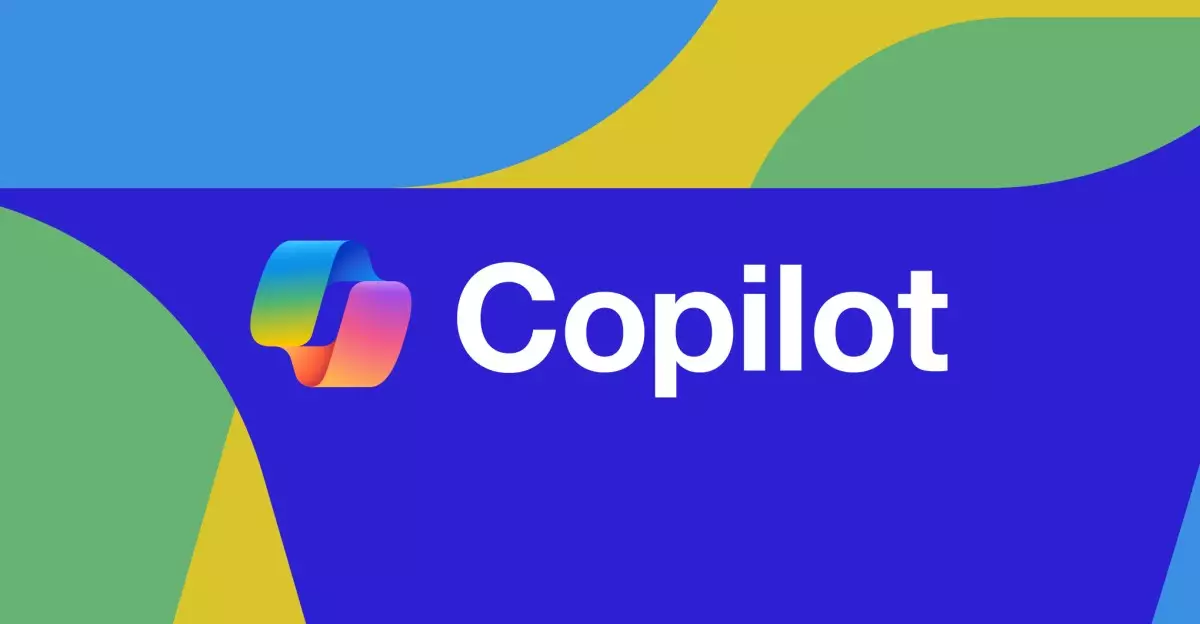The landscape of artificial intelligence is evolving at an unprecedented pace, and Microsoft is at the forefront with its latest enhancements to Copilot. As we enter a new era, the company is not just refining an existing product but is redefining what we expect from AI interactions. In celebration of its 50th anniversary, Microsoft’s bold updates to Copilot embody its commitment to crafting a tool that feels bespoke to each user. The introduction of advanced features such as memory, web-based actions, and extensive personalization breathes fresh life into the AI assistant ecosystem, positioning it as a formidable competitor to existing leaders like ChatGPT and Claude.
Personalization at Its Core
One of the standout features of the revamped Copilot is its ability to remember user preferences and interests. With the integration of Memory, Copilot can store essential details—everything from your favorite activities to significant dates such as your birthday. This capability marks a significant advancement in personal AI technology, distinguishing it from its predecessors that merely responded to commands without a deeper understanding of the user. Moreover, the feature allows users to control what the AI retains, thus addressing privacy concerns that frequently arise with such technology. This balancing act of personalization and user control is pivotal to building trust in an AI system that aspires to become integral to everyday life.
Empowering Action with Web Functionality
In addition to becoming more personal, Copilot is also evolving into a more action-oriented tool. The newly introduced Actions feature allows the AI to interface with web applications to execute tasks such as booking tickets or making restaurant reservations. This functionality echoes the aims of other AI systems like OpenAI’s Operator but extends the Copilot’s capabilities into practical, everyday utility. Integrating shopping functionalities where Copilot can research products, look for discounts, and execute purchases could revolutionize how consumers interact with online marketplaces. Rather than a passive assistant, Copilot is becoming a proactive participant in the user’s journey.
The Vision Component: Seeing is Believing
One of the most striking innovations rolling out for Copilot is its Vision capability, which enables the AI to analyze visual inputs from users’ screens and mobile devices. This feature allows Copilot to understand and interact with content in a way that text alone cannot achieve. For instance, on Windows devices, Copilot can discern what’s displayed on the screen, offering help based on that visual context. Similarly, for mobile users, the ability to interpret images or even live camera feeds transforms the AI’s interactions into a multi-modal experience. This not only enhances the user experience but also accelerates the potential applications of Copilot in fields ranging from education to healthcare.
Deep Research and Podcast Generation: A New Intellectual Partner
The capabilities of Copilot extend into the intellectual realm as well, as evidenced by the Deep Research feature, which empowers the AI to sift through extensive datasets or document archives. This functionality allows professionals, researchers, and students to leverage AI in comprehending complex information. Integrating this with Bing enhances the tool’s utility, allowing users to receive curated, tailored responses that are richer and more nuanced than standard search queries. Additionally, its ability to generate podcast-style explanations opens up creative avenues for content dissemination, providing users with audio content that distills intricate topics into easily digestible formats.
A Customized Experience Through Innovation
Microsoft’s ambition with Copilot transcends mere utility; it encapsulates a vision of a personalized assistant that grows with its user. The proposed feature of customizable appearances hints at an even more intimate relationship between the AI and the individual, where every interaction can feel distinctly unique. Such a direction reflects the company’s awareness of the diverse needs of its user base and its dedication to evolve accordingly.
As this transformation of Copilot begins, it challenges the status quo of AI assistants. The potential for enhanced personalization, coupled with the capability for real-world actions and deep research, positions Copilot not merely as a tool but as a companion that can adapt, learn, and serve uniquely across various contexts of our lives. With these innovations, Microsoft’s Copilot is poised to become an indispensable asset for a technology-driven future.

